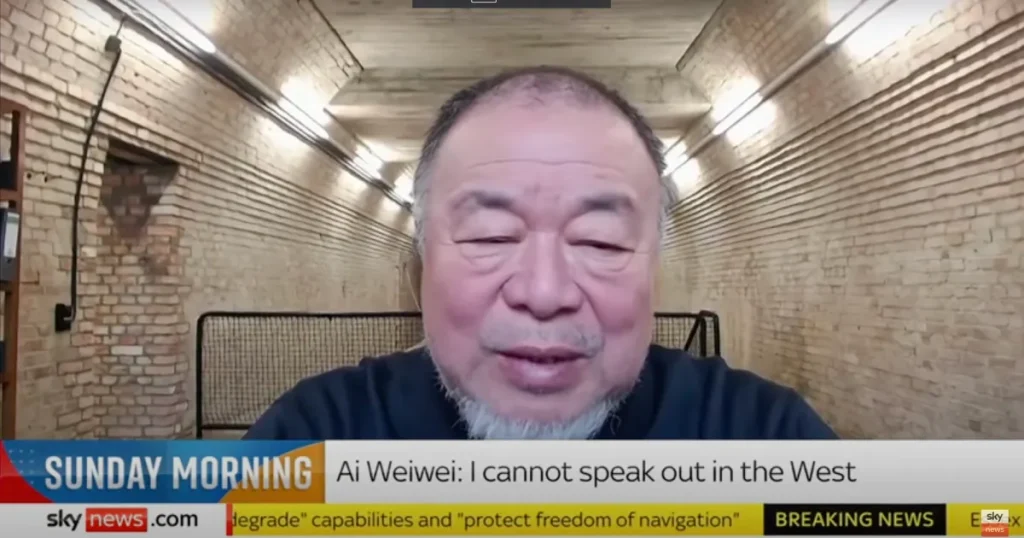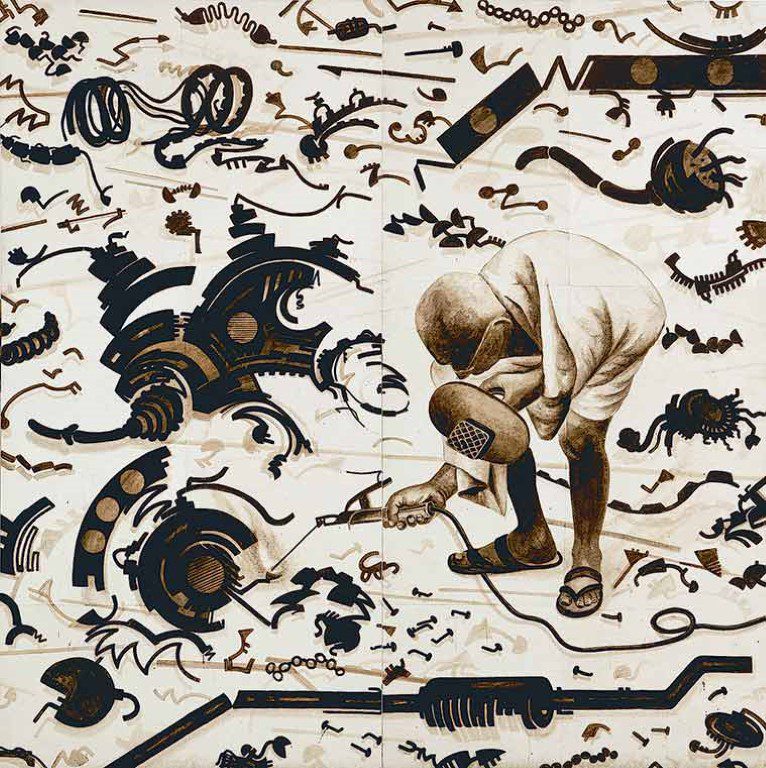In a recent interview with Sky News, Ai Weiwei drew attention to what he perceives as pervasive censorship in Western institutions, ranging from universities to the political sector and media outlets. He cited the reported suspension of Professor Tomasz Skiba from New York University following his social media posts on the Israel-Hamas conflict as a concerning example of stifling academic freedom.
Controversial Statements and Cancelled Exhibition
Ai Weiwei also discussed the cancellation of his own exhibition at Lisson Gallery last year, which followed a controversial statement he made on social media regarding the Israel-Hamas war. Despite providing a translated version of his tweet that accurately reflected his original message, Ai’s exhibition was still cancelled, raising questions about the limits of free expression in Western societies.
Subtle Forms of Censorship
Expanding on his remarks, Ai Weiwei emphasised that censorship in the West often operates more subtly within the framework of democratic politics and the concept of freedom of speech. He argued that criticism diverging from established values and corporate interests is often subjected to censorship, particularly on sensitive topics like war and the arms trade.
Comparison to China’s Cultural Revolution
Ai also made a comparison between Western censorship and China’s Cultural Revolution, which saw thousands of Chinese citizens persecuted under Mao Zedong’s rule, in the Sky News interview. Mao organised China’s youth against the greater society from 1966 until his death ten years later, during which time he authorised public executions and torture. The Spectator’s assistant editor, Cindy Yu, told Sky News that the comparison was “borderline offensive.”
Final Thoughts
Ai Weiwei’s insights shed light on the complexities of censorship in Western societies, challenging the prevailing notion of unbridled freedom of speech. By highlighting instances of suppression and the subtle control of dissenting voices, he prompts important discussions about the state of democracy and freedom in the West. However, his comparison to China’s Cultural Revolution invites scrutiny and debate, emphasising the nuanced nature of censorship and its implications for civil liberties worldwide.






